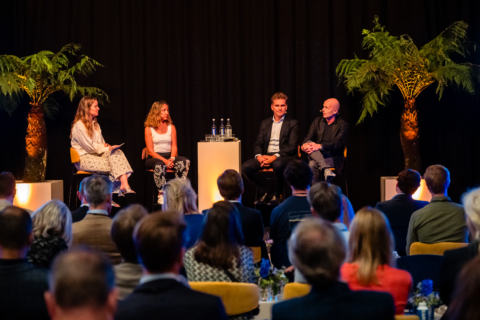
This paper discusses the new security nexus of security, geopolitics, and digitalization. As we will show, these topics are heavily intertwined. China’s ‘New-Generation Artificial Intelligence Development Plan’ offers an outlook for them to become the global leader in Artificial Intelligence (AI) by 2030, and their ‘Made in 2025’ strategy aims for China to become the new global manufacturing, cyber, science, and technology innovation superpower. History teaches us that those who set the technical standards will dominate the world. Add into the mix China’s ‘Belt and Road Initiative’, which encompasses over USD 1 trillion in investments, establishing China’s influence on the Eurasian content by investing in all kinds of physical trade infrastructure, such as dry ports, shipping routes, and railways. We can conclude that China plans to re-establish both a digital and a physical silk road.
New strategic leadership is necessary to effectively deal with this new security nexus. How can open society remain strong in the face of foes and its own fragility, without sacrificing – and instead leveraging – its openness? We are convinced that hegemonic and technological changes present us with threats and show us our weaknesses. However, we are also convinced that these changes offer us opportunities to build on our strengths as a Dutch and European society and benefit from the uncertainty these big changes cause. But to secure this future, we must act now and together to understand and plan for security and freedom.
Read the paper here: Gaming the new security nexus



